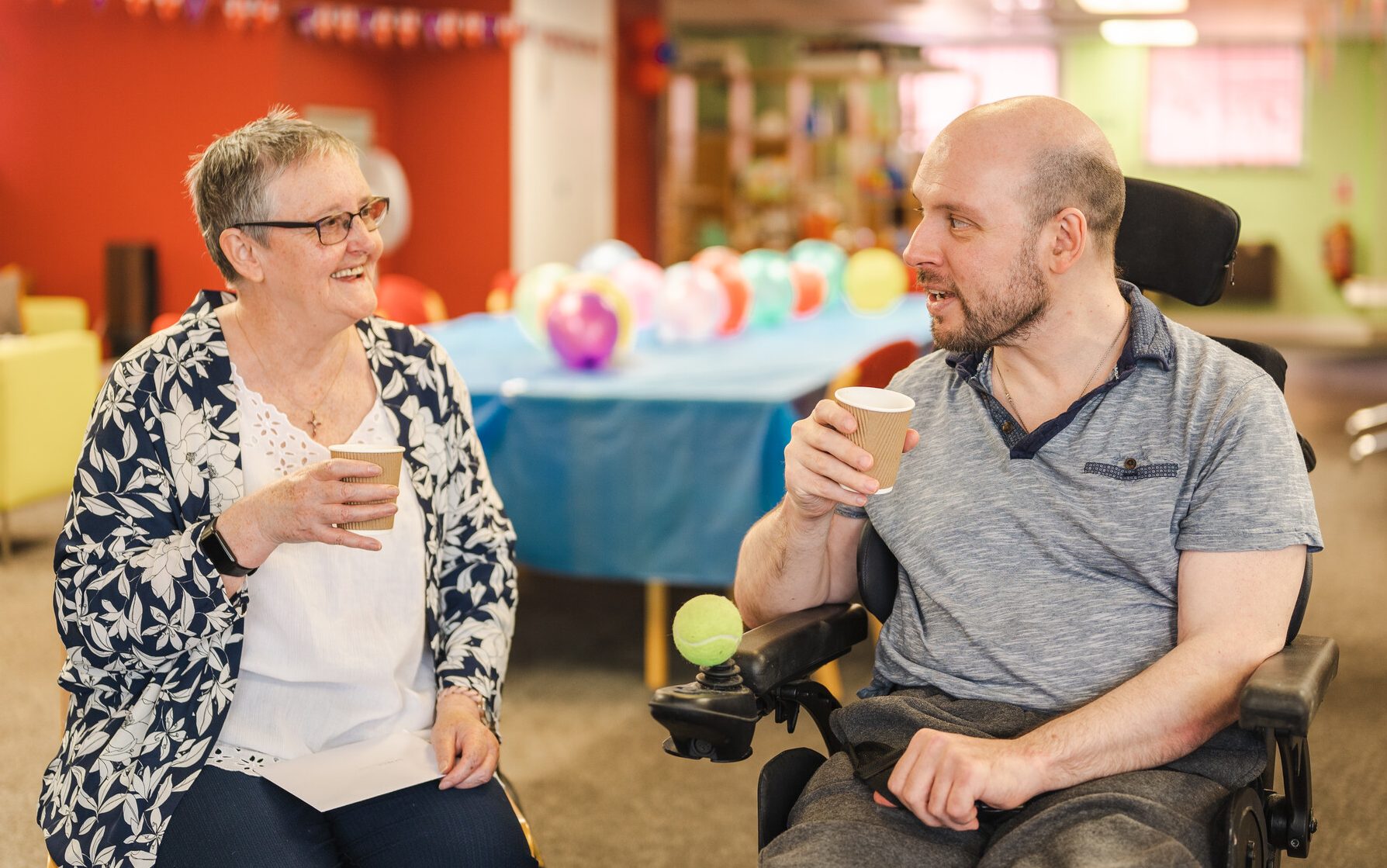The government has accepted recommendations made by the Joint Committee on Human Rights (JCHR) on protecting human rights in health and social care settings. A formal response has been published following concerns about the protection of human rights in care settings which include the right to life (Article 2) and the right to be free from torture and degrading treatment (Article 3).
The government accepts recommendations to protect rights
The JCHR report (2022) made several recommendations including the provision of medical and personal care, ongoing concerns about visiting arrangements, the complaints process for when things go wrong and the coverage of the protections of the Human Rights Act 1998 (HRA).
In its response the government has acknowledged the importance of timely responses by the independent regulator of health and adult social care in England, the Care Quality Commission (CQC). The CQC is responsible for registering health and adult social care service providers in England and to check that standards are met.
The government has also accepted the Joint Committee’s recommendation that DNACPR (do not attempt resuscitation) decisions and ensuring guidance on DNACPR decisions should be clear and properly understood by all health and social care professionals, as well as the patients involved.
The response also accepts recommendations that the CQC must continue to seek assurances that the people receiving care are placed at the centre of DNACPR notices in a way that protects their human rights.
Recently, in his New Year’s address, the Archbishop of Canterbury, Justin Welby, urged the government to take action to fix the country’s “broken” social care system.
“We know our care system is broken: but it doesn’t have to be. We can rise to the challenge of fixing it. That means action from all of us; you, me, families, communities and government,” he said.
The joint committee’s report found…
On 22 July 2022 the JCHR published a report on protecting human rights in care settings.
The committee’s inquiry examined evidence relating to four main issues including: provisions of medical and personal care, ongoing concerns about visiting arrangements, the complaints process for when things go wrong and the coverage of the protections of the Human Rights Act 1998 (HRA) in England.
Evidence suggests that children, young people and adults with learning disabilities are at risk of human rights abuses in care settings on a regular basis, including those in:
– hospital and when receiving physical healthcare and in inpatient mental health settings
– residential care services
– their own home
In a joint statement Mencap, a charity for people with a learning disability, and the Challenging Behaviour Foundation (CBF), which aims to improve the quality of life for people with severe learning disabilities and their families, said:
“We believe there are particularly high levels of risk of human rights breaches for those who may be unable to speak up about what is happening, either due to the complexity of their needs, for example those with profound and multiple learning disabilities; or those in high risk institutional settings (inpatient units) who may be without advocates or witnesses as to what is happening to them. We are also particularly concerned for those from BAME communities, who may face double discrimination and multiple barriers when accessing services or support.”
The two organisations have also stated that there are particular concerns of people having their fundamental rights breached under the HRA.
“We believe individuals are at particular risk of having their human rights under Articles 2 (the right to life), 3 (freedom from torture and degrading treatment), 6 ( right to a fair trial) , 8 (respect for your private and family life) and 10 (freedom of expression) breached.”
Edel Harris OBE, chief executive of Mencap, said: “Crisis is a word we hear too often, but the government can be under no illusions that the social care system is on the brink of collapse and without urgent action, millions of people will be left without the care they need and deserve.”
Changes to the Care Act
Under the Care Act (2014), local authorities must always put people’s wellbeing at the heart of its decision making and ensure that people have the right to an advocate if they find it difficult to communicate or to understand what is happening.
In 2022, that act was amended and the Health and Care Act (2022) received royal assent. The new act was considered by the Department for Health and Social Care to be the the most significant health legislation in a decade.
Under the act, social care workers will undergo mandatory training to ensure they have the right skills and knowledge to provide care to people with a learning disability. It also states that a framework for assuring, funding and sharing data on social care will be made so that people can maintain their independence for longer.
Mencap and the CBF expressed the importance of people receiving proper assessments in line with the new act:
“It is crucial people are getting proper needs assessments in line with the Care Act. This should be carried out by professionals with the right expertise, including a functional assessment of someone’s behaviour where needed and very importantly, involving the person, their family and others who know them well.”





